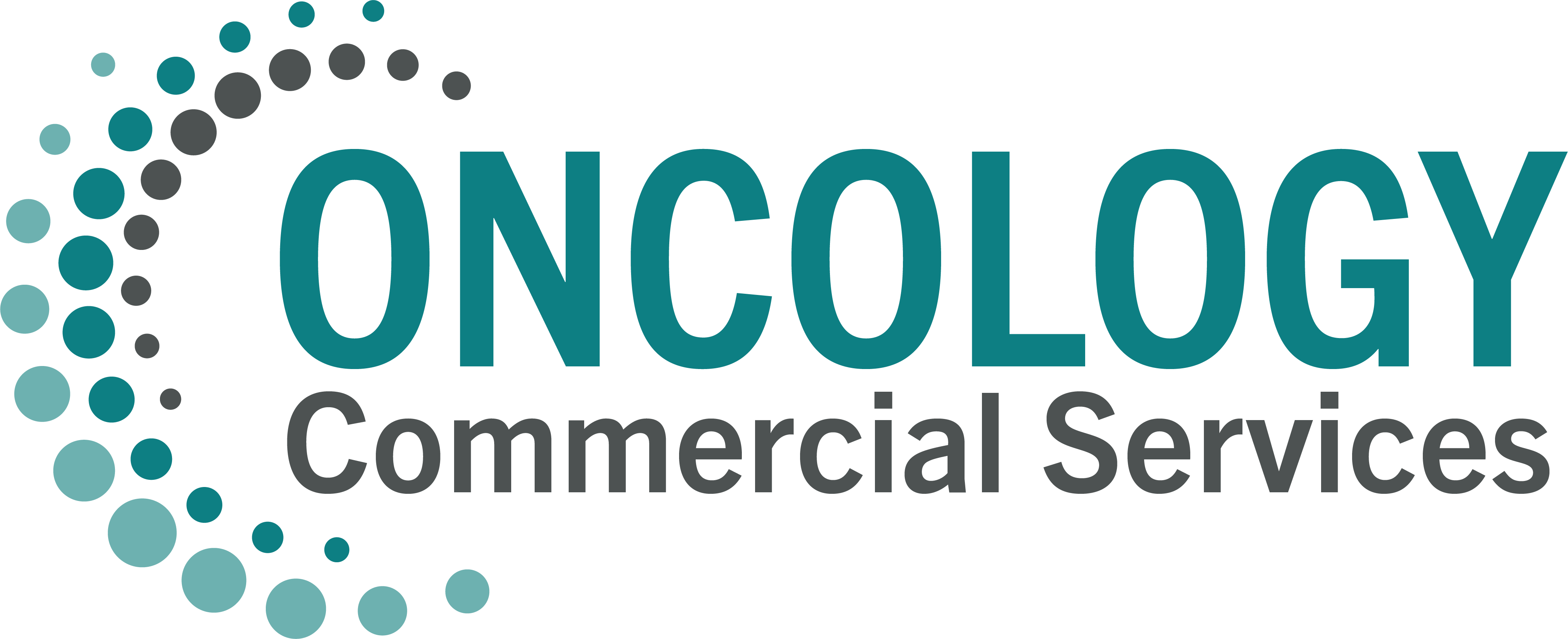The Nuts and Bolts of an Inpatient Cardio-Oncology Consult Team
Cancer therapies can affect the whole cardiovascular system, but these cardiotoxic effects are generally reported as changes in left ventricular (LV) ejection fraction. The most common cardiovascular adverse effects are LV dysfunction and heart failure (HF). Other adverse effects include hypertension, acute coronary syndromes, thromboembolic events, rhythm disturbances, and valvular and/or pericardial disease. Hence, prediction, early recognition, and timely management of cardiovascular complications in patients with cancer are gaining importance. This need gave birth to the concept of interdisciplinary cardiology-oncology (cardio-oncology) care delivered through teams of cardiologists, oncologists, and hematologists.
Read More